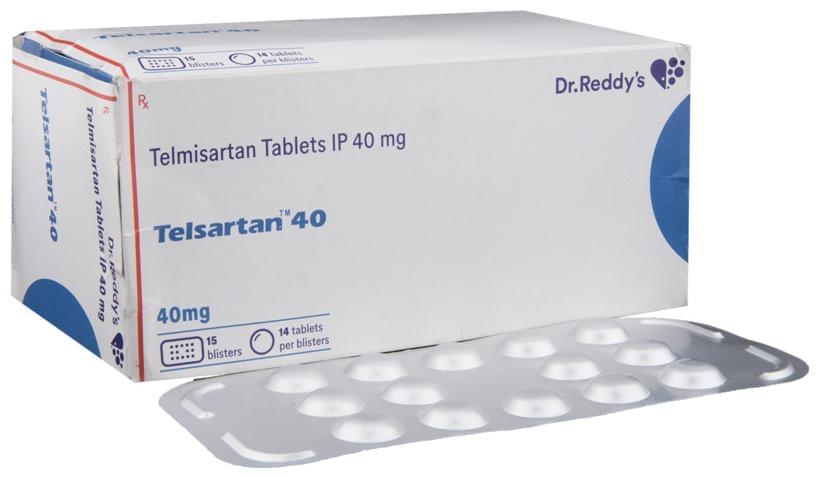Ischemic stroke
An ischemic stroke, also known as a cerebral infarction, occurs when the blood supply to a part of the brain is interrupted or significantly reduced, depriving brain tissue of oxygen and essential nutrients. This may be due to a blood clot within a blood vessel (thrombosis) or a blood clot that travels to the brain from elsewhere in the body (embolism).
Ischemic stroke is a serious medical condition that can lead to long-term disability or even death if not promptly diagnosed and treated. The symptoms of an ischemic stroke often include sudden numbness or weakness in the face, arm, or leg, particularly on one side of the body; confusion or trouble speaking or understanding; trouble seeing in one or both eyes; trouble walking, dizziness, or loss of balance and coordination; and sudden severe headache with no known cause.
There are various medications available to manage ischemic stroke, including anticoagulants, antiplatelet agents, and thrombolytics. Anticoagulants such as warfarin help prevent blood clots from forming and may be prescribed to prevent recurrent strokes. Antiplatelet agents like aspirin and clopidogrel reduce the likelihood of clot formation and may be used in combination with other therapies. Thrombolytics such as alteplase can help dissolve existing blood clots, improving blood flow to the brain and potentially minimizing the extent of stroke damage.
Consult with a healthcare professional to determine the most appropriate treatment plan based on the individual’s specific circumstances, medical history, and stroke severity. Regular follow-up and adherence to prescribed medications and lifestyle changes are crucial in managing the risks and potential complications of ischemic stroke.

Showing 1–12 of 344 results
Showing 1–12 of 344 results





